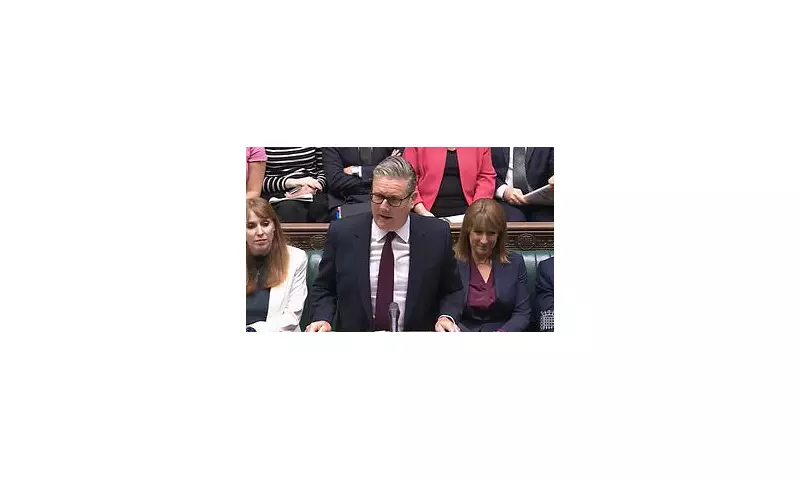
Labour leader Sir Keir Starmer has publicly defended his deputy Angela Rayner following a stormy Prime Minister's Questions session that centred on her tax affairs. Starmer declared he remains "proud" of Rayner, despite her emotional admission that she legally avoided paying stamp duty on an £800,000 seaside property.
The confrontation erupted when Prime Minister Rishi Sunak pressed Rayner on her financial decisions, labelling it a matter of "basic transparency" for a senior politician aspiring to high office. The exchange turned intensely personal, with Rayner becoming visibly emotional during the Commons showdown.
A Question of Tax and Trust
At the heart of the controversy is Rayner's previous residence in Stockport, which she designated as her main home despite her husband living elsewhere. This arrangement allowed her to avoid the standard stamp duty land tax on the purchase of a separate luxury flat in a coastal town, a saving potentially amounting to thousands of pounds.
Rayner defended her actions, insisting she had done "everything that I'm required to do" and had sought professional advice. She accused the government of launching a "desperate smear campaign" to distract from its own record.
Starmer's Unwavering Support
Emerging from the parliamentary skirmish, Sir Keir Starmer offered his full-throated support. He praised Rayner's performance and character, framing the attack as a political tactic rather than a genuine pursuit of accountability.
"I am proud of Angela Rayner," Starmer stated. "She answered every single question put to her. What we saw from the Prime Minister was a desperate attempt to talk about something other than 14 years of Tory failure."
The Political Fallout
The incident has ignited a fierce debate around the tax arrangements of public figures and the standards expected of them. Critics argue that while Rayner's actions may have been technically legal, they fall short of the ethical conduct demanded of a potential future deputy prime minister.
Supporters, however, see it as a politically motivated attack designed to undermine a prominent Labour figure. The row shows no signs of abating, ensuring that questions of tax, property, and transparency will remain high on the political agenda as the next general election approaches.





